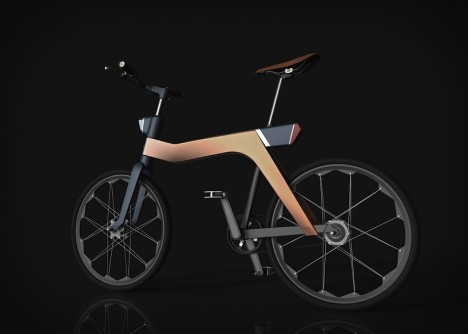
Treating a bicycle like a work of composite hardware (rather than a fixed object, this modular approach allows users to replace pieces and parts more easily as well as allowing incremental upgrades over time.
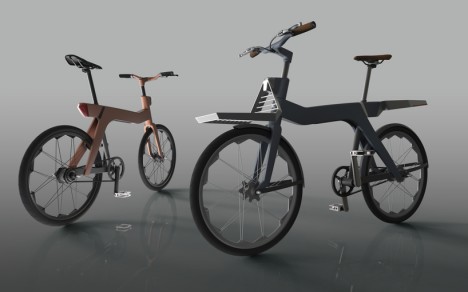
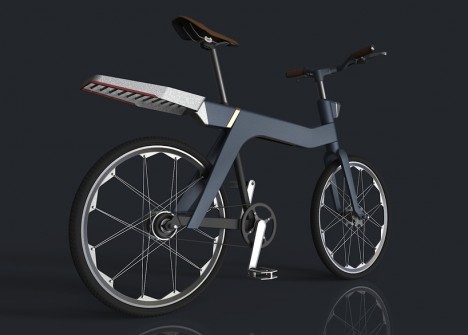
Developed by product design graduate student Kasper Schwartz as a thesis project, the RubyBike is (optionally) an ebike designed to address changing transportation needs and general individualization desires.
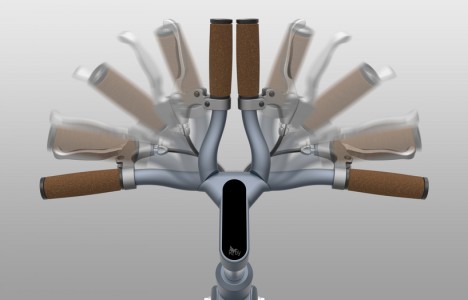
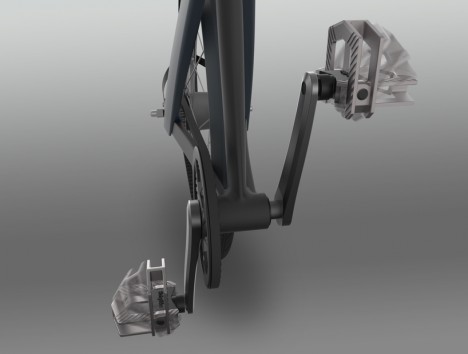
The bicycle includes a compact and lightweight frame, smaller wheels (as well as collapsible handlebars and pedals) for a slimmer total package, and reactive steering for urban environments.
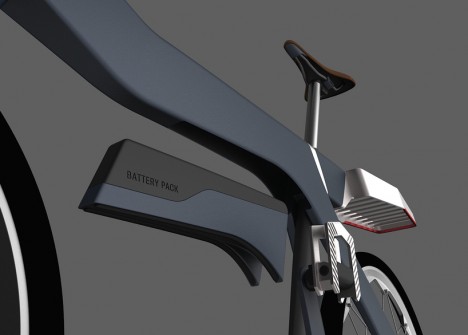
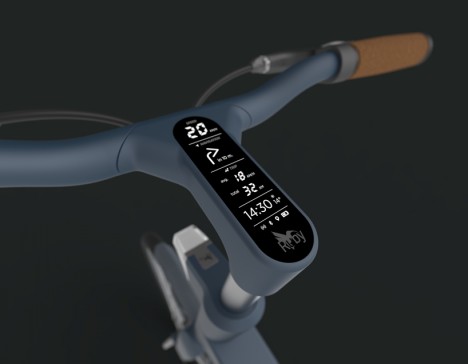
The motorization is optional, and can be achieved without changing the appearance of the bike by placing the battery in the middle of the frame and swapping out the front wheel. A smartphone holder allows for easier GPS navigation, speed measurements and other tracking integrations.
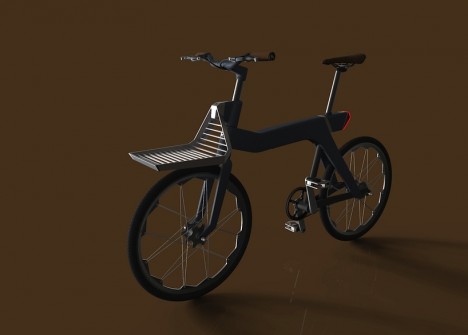
The appearance and functionality are “targeted at people looking for a city-friendly everyday bicycle that is stylish, refined and characterful, but which is also practical, useful and durable, and can be easily adapted to suit their needs – even if they would eventually change.”

